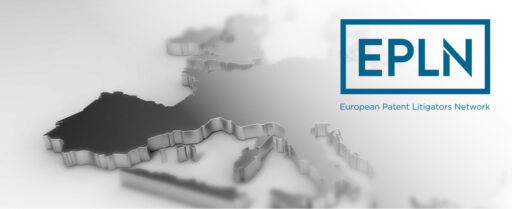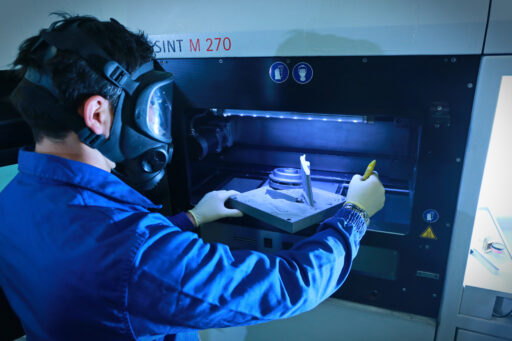
The Unitary Patent and the Unified Patent Court ? Be prepared for the new opportunities and risks
Background
Since 1 June 2023, two new options of the European patent system have come into force: the unitary patent and the Unified Patent Court (UPC). These options have been added to the traditional system where a bundle of European rights (once granted) falls under the jurisdiction of national courts.
UPC desk
The new system will ask patent holders to rethink their current approaches to validation and litigation in Europe. The specialists at our UPC desk are your contacts for all questions concerning the UPC and the unitary patent and will be pleased to put you in touch with our other colleagues. Our specialists have all attended current UPC training courses and have the right knowledge and experience to optimise your patent portfolio under the new system.
European Patent Litigators Networkactions
Arnold & Siedsma is also a proud partner of the European Patent Litigators Network (EPLN), a group of leading IP law firms. Through the EPLN you have direct access to the UPC experts of our international partners. This gives you the advantage of combining an international network with local expertise and support in Milan, Munich and Paris (the UPC sections). Through the EPLN, clients of Arnold & Siedsma have access to the expertise, experience and practical resources needed to meet the demands of prosecution before the UPC.
If you have any questions about patent procedures, the UPC or the unitary patent, please do not hesitate to contact the specialists at our UPC desk.
“With an eye on the filing, protection, and enforcement of patents, the EPLN brings together the knowledge of globally recognized IP offices from the most significant EU Member States.”
Michiel Rijsdijk, Partner at Arnold & Siedsma and your personal contact for the EPLN.


























